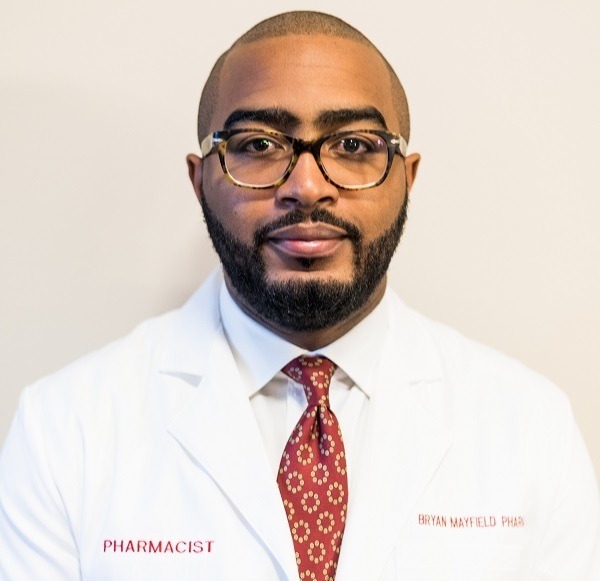
Read part one to learn about the first two qualities!
What was the last movie you saw? What are some of your hobbies? Where did you go to high school?
Although these may seem like questions you would ask on a first date, they are actually examples of questions you might ask a coworker at a new temporary assignment. Having a list of go-to questions like these is a part of the next essential skill, being personable.
3. Being Personable
Dictionary.com defines personable as “having an agreeable or pleasing personality; affable; amiable; sociable.” The value of this quality in the healthcare field cannot be overstated.
In school, most healthcare providers learned about the best strategies for communicating with patients, however, there was not nearly as much attention given to teaching strategies for communicating with coworkers. Recently, there has been some increased focus on inter-professional communication, most likely because it has emerged as an area that many healthcare workers struggle with.
Almost immediately upon starting my first hospital intern position, I noticed friction between pharmacists and technicians, pharmacists and nurses, pharmacists and physicians, nurses and physicians…well, let’s just say there was friction between almost everyone. Luckily, I was able to see examples of pharmacists that knew how to navigate that friction well and even decrease it, as well as some other pharmacists who had not yet mastered that particular skill set.
The biggest difference between the two? In short, some pharmacists were simply more enjoyable to be around. As a student, I paid close attention to the qualities that seemed to make these pharmacists more personable than the others. Later, once I was a licensed pharmacist myself, I made it a point to emulate those qualities.
During my travels working as a pharmacist, I have had the opportunity to work with numerous people from many different backgrounds. One key component to ensuring the work days went well was the ability to find some common ground. That common ground may be a popular television show or a favorite pastime, but whatever it may be, it can really help to create a good work environment.
The simple fact is that when working in healthcare you are in the same space with your coworkers for at least eight, and often times 10, 12, or even 14 hours at a time. That time will pass by much more pleasantly if the relationships between coworkers is good.
Early on in my career, I realized the supreme importance of good “people skills”. I have found that these skills, which start with being personable, are just as important as any other skills required to work in health care.
Being personable is closely related to another skill that I consider to be essential, not only for traveling health care providers, but for all people: knowing “How to Win Friends and Influence People“. Yes, this is the title of Dale Carnegie’s best-selling book, the contents of which revolutionized the way in which many people, including me, approach work relationships. I truly feel that it should be required reading for every working adult.
4. Know “How to Win Friends and Influence People”
In training, my fellow newly licensed pharmacists and I had been taught that wherever we went to work shifts, we were in charge for the duration of that shift. We were to take control of the staff and ensure that they followed best practices so that we could best serve our patients. And while this theory may have some truth to it, unfortunately, we were not trained on the best methods to accomplish this. My peers and I had many missteps as some of us tried to be pseudo army generals and get the support staff, who we had zero rapport with, to fall in line. The results were dismal, at best.
Not long after my first few tough shifts, I read “How to Win Friends and Influence People.” It was as if a light-bulb turned on over my head. I will spare you the book review, but suffice it to say that there are countless, invaluable lessons within each and every chapter.
As a pharmacist, traveling to different cities, I soon realized that my support staff, namely, pharmacy technicians, would largely determine how well my time in that city went. I would frequently hear horror stories about the pharmacists they did not like, as well as stories about the admiration they shared for the “good” pharmacists. I would always listen attentively to make sure I understood which qualities I needed to focus on to ensure that I would be included in the latter group.
So, sure there will always be a plethora of metrics, key performance indicators (KPIs), best practices and whatever other corporate buzzwords are popular at the moment to determine how well healthcare providers are performing their duties. But the most important aspect of healthcare will always be the compassion in the hearts of the people tasked with delivering it and their ability to be personable, win friends, and influence people.

